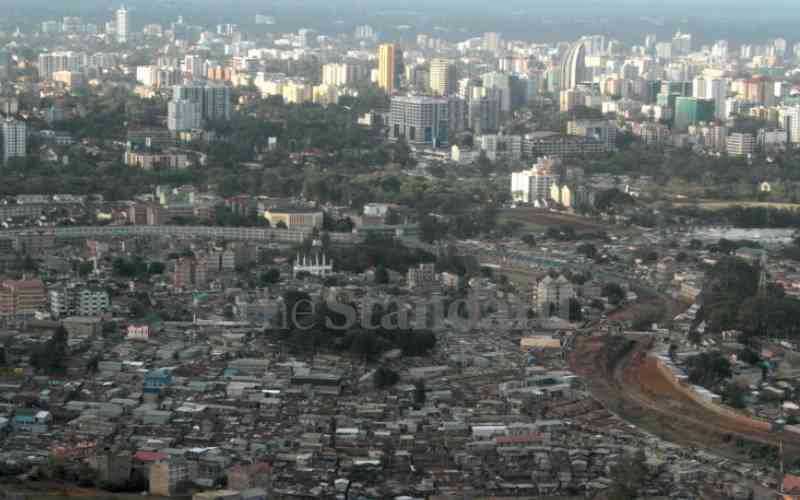×
The Standard e-Paper
Join Thousands Daily

The world's population has reached eight billion. It is another milestone in human development.
For us, it is also a time to pause and rethink how to make our home, our planet, sustainable. If we fail to take care of the natural and built environments, we risk ruining our home and displacing billions of people.